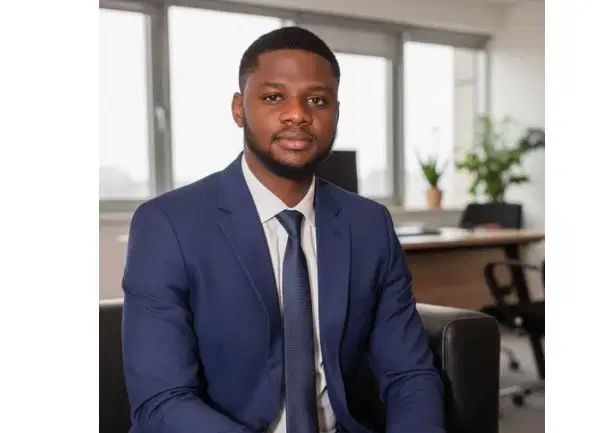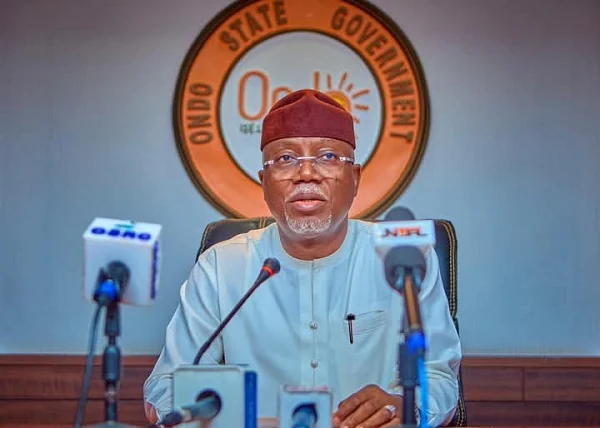Opinion: Why Nigeria’s Brightest Minds Must Abandon the “Dirty Game” Narrative, Embrace Politics

Solomon Ogo-Oluwa Oyerinde, an entrepreneur and political strategist, argues forcefully that Nigeria’s brightest minds must stop avoiding politics, which he says is a dangerous self-fulfilling prophecy hindering national development.
He contends that the prevailing narrative that “politics is a dirty game”is misguided and effectively cedes the critical arena of governance to the less qualified and less ethical.
Oyerinde states that by refusing to engage, Nigeria’s intellectual elite perpetuate a cycle of disillusionment, leaving the country vulnerable to mismanagement. He quotes Kwame Nkrumah, who asserted that “Politics is not a dirty game; it is the game of the people.” The author stresses that politics is a powerful force that shapes society, and when the best minds opt out, the country suffers through an ailing education system, decrepit healthcare infrastructure, and widespread corruption.
He also criticized the “misguided initiative” that pushes intelligent Nigerians toward high-status jobs in oil and banking, arguing that the country needs more intellectuals in government, as their decisions affect every aspect of society.
He uses his own experience as an INEC ad-hoc staff and his decision to join the APC, despite criticism from friends, to illustrate that the narrative can be changed from the grassroots up. He advocates for educated individuals to elevate the discourse, drive progressive policy, and foster transparency by transforming the system from the inside.
Oyerinde invokes the wisdom of Wole Soyinka, stating that silence in the face of injustice is complicity, and African proverbs to emphasize the need for collective effort.
He points to historical figures like Nelson Mandela who engaged in the political “dirty game” to dismantle apartheid.
While advocating for systemic change, Oyerinde highlights President Bola Ahmed Tinubu’s leadership as a contemporary example of how intelligent decision-making can guide the nation. He cites several strategic initiatives:
* Economic Recovery and Growth Plan (ERGP): A long-term vision to diversify the economy away from oil, focusing on agriculture and infrastructure.
* Infrastructure Commitment: The strategic investment in and completion of key projects like the Abuja-Kaduna rail and Lagos-Ibadan expressway to reduce bottlenecks and facilitate trade.
* Youth Empowerment: Focus on programs like N-Power to secure the country’s future by providing job training and employment for young Nigerians.
Oyerinde concludes with a personal call to action: Nigeria’s brightest minds must take ownership of the country’s future by actively participating in the political process with integrity and purpose, transforming politics into a “force for good.”









